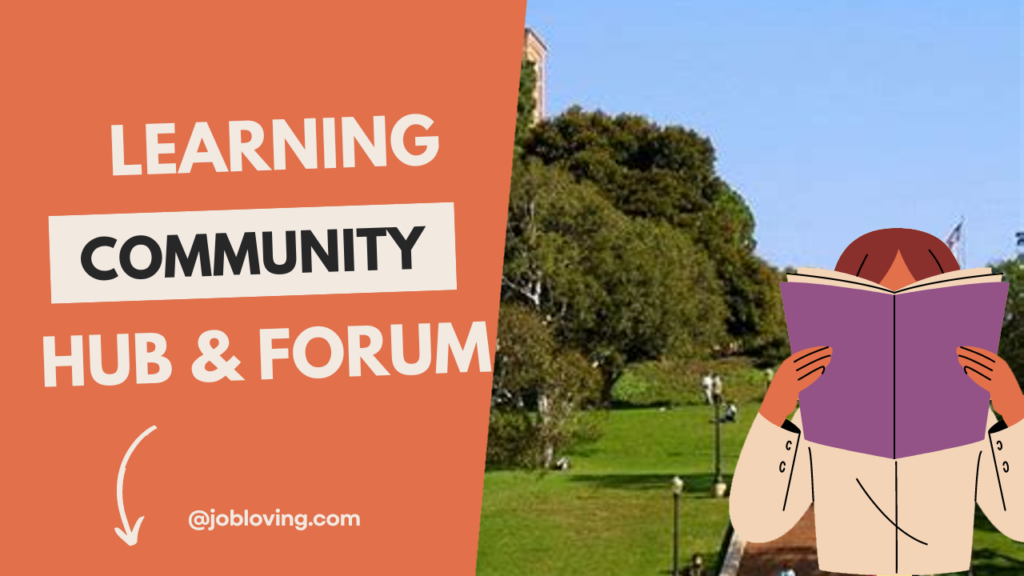Have you ever wondered which universities might rival the Ivy League without the hefty price tag? Enter the world of Public Ivies! These are exceptional public universities that offer an Ivy League-like education and experience. So, is UCLA one of those elite institutions? Let’s dive into this question and uncover the truth!
The Short Answer: Yes, UCLA is considered a Public Ivy.
In 1985, Richard Moll identified UCLA as one of the 15 schools in his original list of Public Ivies. This prestigious label suggests that UCLA provides a top-tier education and valuable opportunities akin to those found at Ivy League schools. Other notable institutions on Moll’s list include the University of California, Berkeley, the University of Michigan, and the University of Virginia, all offering quality education.
To put it succinctly, UCLA delivers an impressive academic experience, complete with distinguished faculty, a vibrant campus atmosphere, and strong alumni networks. So, whether you’re eyeing its rigorous programs or engaging campus life, you can feel confident that UCLA stands tall among the giants of higher education.
Curious about more insights on navigating your educational journey or need advice? Join our JobLoving community for valuable resources and support! If you have questions about the Public Ivies or anything else, don’t hesitate to scream—err, ask away!
Key takeaways about Is UCLA considered a public ivy?
Recognition and Status
- UCLA is recognized as a Public Ivy, offering prestigious education at public university prices.
- Richard Moll coined the term “Public Ivies” in his 1985 book, highlighting top public universities.
- The Public Ivy concept includes 15 schools, with UCLA consistently recognized for its academic excellence.
- UCLA’s inclusion in the Public Ivies reflects its competitive academic programs and reputation.
- UCLA is recognized as a Public Ivy, offering high-quality education comparable to Ivy League schools.
- UCLA exemplifies the benefits of attending a large, public university with Ivy-level academic standards.
Academic Quality and Comparison
- Public Ivies offer a blend of large university experiences with Ivy-level academic rigor and prestige.
- The quality of education at UCLA rivals that of many Ivy League institutions, defying traditional rankings.
- UCLA’s advanced degrees carry significant weight, demonstrating global recognition beyond east coast biases.
- Public Ivies like UCLA provide a diverse educational environment compared to smaller Ivy institutions.
- Academic Rankings of World Universities place UCLA among the elite, challenging traditional perceptions of prestige.
Enrollment and Diversity
- Public Ivies typically have larger undergraduate enrollments compared to traditional Ivy League institutions.
- UCLA enrolls over 31,000 undergraduates, significantly exceeding the Ivy League average of 8,500 students.
- UCLA’s diverse programs attract a wide range of students, enhancing its status as a Public Ivy.
- Diverse student bodies at Public Ivies like UCLA can dilute exclusivity perceptions compared to Ivy League schools.
Financial Aspects and Resources
- Public Ivies generally report smaller endowments than Ivy League schools, impacting financial aid offerings.
- In-state students at Public Ivies like UCLA can expect tuition around $10,000 annually.
- Larger student bodies at Public Ivies necessitate more efficient use of financial resources and endowments.
- Public universities like UCLA depend on state funding, which can fluctuate and impact resources available.
- The disparity in funding and resources between Public Ivies and Ivy League schools impacts educational offerings.
Perceptions and Challenges
- The Public Ivy label helps students identify institutions that offer Ivy-like education without exorbitant costs.
- The historical prestige of Ivy League schools contrasts with the more recent emergence of Public Ivies like UCLA.
- Media rankings often favor Ivy League schools, overshadowing the achievements of Public Ivies like UCLA.
- Many believe that any university within the top 200 globally is a strong educational choice.
- Public Ivies like UCLA are often undervalued due to east coast biases against non-private institutions.
- The perception of prestige is often skewed by outdated cultural narratives surrounding elite universities.
- Cultural narratives around Ivy League institutions reinforce their prestige and allure in public perception.
- Extensive alumni networks from Ivy League schools provide significant advantages in mentorship and job opportunities.
- Public Ivies have made significant strides in academic stature, challenging traditional views of educational prestige.
- The growing recognition of Public Ivies reflects a shift in the higher education landscape in America.

